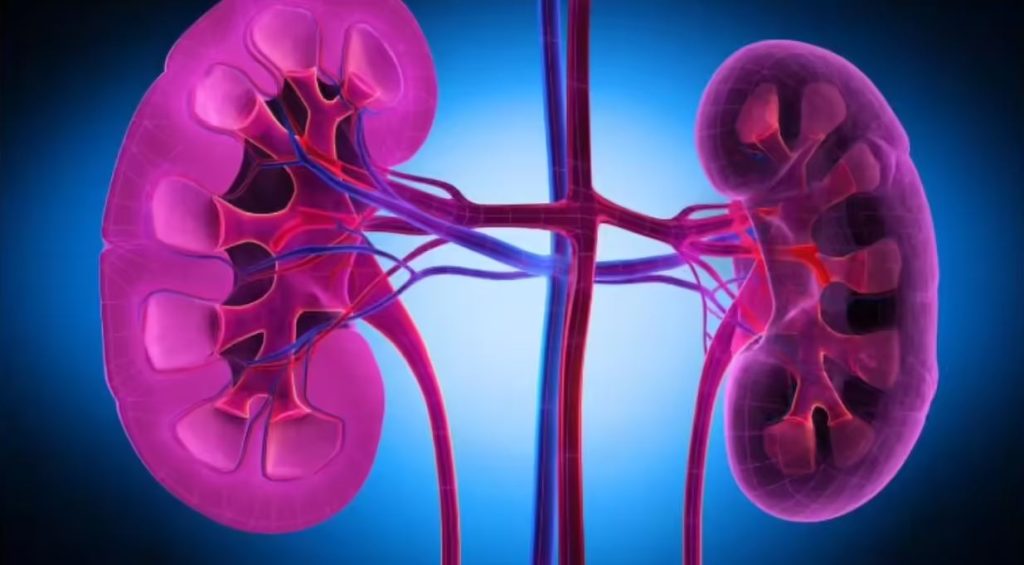Kidney disease often progresses silently, with symptoms emerging only in advanced stages. Recognizing early warning signs can be crucial for timely intervention and preventing serious complications.
1. Changes in Urination Patterns
Alterations in urination are among the first indicators of kidney issues. Pay attention to:
- Increased frequency, especially during the night.
- Reduced urine output or difficulty urinating.
- Foamy or bubbly urine, which may suggest protein leakage.
- Dark, red, or tea-colored urine, indicating potential blood presence.
- These changes can signal impaired kidney function and should not be overlooked.

2. Persistent Fatigue and Weakness
Kidneys produce erythropoietin, a hormone that stimulates red blood cell production. When kidney function declines, erythropoietin levels drop, leading to anemia. This condition can cause:
- Unusual tiredness or weakness.
- Difficulty concentrating.
- Shortness of breath.
If you experience persistent fatigue despite adequate rest, consult a healthcare professional.
3. Swelling (Edema)
Impaired kidneys may struggle to remove excess fluid and sodium, leading to swelling in various parts of the body, including:
- Ankles, feet, or hands.
- Face or around the eyes.
- Abdomen.
Swelling can also result from protein leakage into the urine, a condition known as proteinuria.
4. Persistent Back Pain
Pain or tenderness below the ribcage or in the lower back may be related to kidney issues such as untreated infections or kidney stones. If the pain persists or worsens, seek medical attention.
5. Unexplained Weight Loss or Loss of Appetite
Waste buildup in the blood due to kidney disease can suppress appetite and cause weight loss, making you feel full even without eating much. If you notice unexplained weight loss or a significant decrease in appetite, it’s essential to consult a healthcare provider.
6. Nausea and Vomiting
Accumulated toxins in the bloodstream often trigger nausea or vomiting, particularly in the morning or after meals. These symptoms can be indicative of advanced kidney dysfunction and warrant medical evaluation.
7. Difficulty Sleeping
Kidney disease can disrupt sleep due to symptoms like:
- Muscle cramps at night.
- Restless leg syndrome.
- Frequent urination interrupting rest.
- If sleep disturbances persist, discuss them with your doctor.
8. Metallic Taste in the Mouth
A persistent metallic taste is a common sign of uremia, which results from the buildup of waste products in the blood. This condition can alter taste perception and may lead to food aversions.
When to Seek Medical Help
If you observe any of these signs, don’t delay—make an appointment with your healthcare provider promptly. Early diagnosis and treatment are crucial to protecting your kidneys and preventing permanent damage. A thorough evaluation, including blood work, urine analysis, and imaging tests, may be necessary to assess your kidney function.

Conclusion
Kidneys play a vital role in keeping our bodies healthy, yet problems often develop silently. Recognizing the early warning signs—such as changes in urination, fatigue, swelling, persistent back pain, nausea, sleep disturbances, appetite changes, and unusual tastes—can make all the difference. Prompt medical attention, lifestyle adjustments, and preventive care can protect kidney function, prevent complications, and improve overall well-being. Staying aware and proactive is the key to maintaining kidney health and safeguarding your quality of life.

















